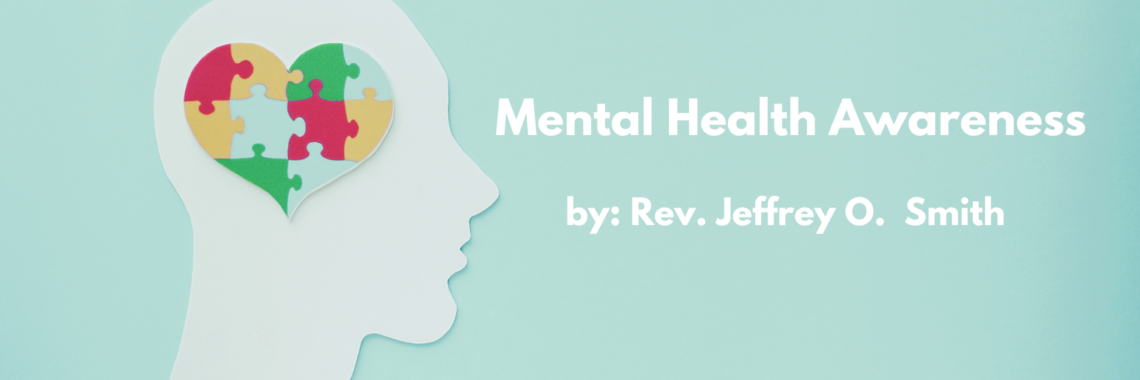Quick disclaimer: I am not a mental health professional. I am simply speaking from some of my experience in counseling and from a sincere love for those who struggle with any sort of mental illness. I strongly hesitated to write such a short article about this topic because of its sensitivity, and yet it is also for this reason that I finally decided to do it. Though there are some technical differences between disorder and illness, the mental health field tends to use the terms interchangeably, and I do here.
May is Mental Health Awareness month, and it has been since 1949. An estimated one in five American adults live with some form of mental disorder, and although it may not be overtly spoken, people who struggle with it are sometimes thought of as being broken and may be whispered about or treated differently.
The perception of mental illness in our culture is changing. Counseling, therapy, and treatment are becoming less and less taboo. Many functions of the brain that were formerly an enigma are now recognized as predictable biological mechanisms. In short, everything that your brain does makes sense—it is just a matter of us understanding how it makes sense. Our amazing brains, which are largely responsible for our mental health can be affected by anything from physical to emotional, to spiritual factors. Genetics, in-utero hormones, a bump on the head, PTSD, and yes, even our spiritual decisions, have an effect on how our brains react to and process the outside world.
The trouble is, there is still significant social stigma around mental illness. Those who struggle with any mental disorder are often identified by the disorder instead of by the fact that they have a unique life and soul from God. The Lord cares for, protects, and works with all people who endure adverse states that are outside of their control. In Divine Providence, it says this: “No one is reformed in a state of mental illness [such as] depression, imagined guilt, hallucinations, mental anguish brought on by misfortunes, and mental anxiety and pain brought on by physical disorders” (141). Of course, these states can be more or less permanent, and shorter or longer in duration. The Lord has mercy on and protects people enduring mental illness, and so should we.
Our health system has a long way to go in understanding the causes and treatments for mental illness, However, we do already have at our fingertips the love and compassion from the Lord that we can offer to each and every person we cross paths with, meeting them with a patient and understanding heart.
For more information on mental health, including resources and helplines, check out www.nami.org.

